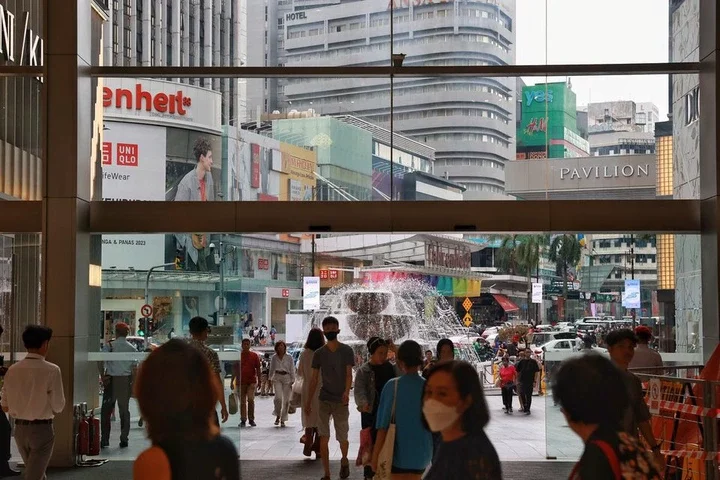
KUALA LUMPUR - Malaysia is set to take a hit to its coffers, as uncertainty looms over the impact of the impending US import tariff regime, with Prime Minister Anwar Ibrahim postponing measures such as tax hikes and subsidy cuts in the face of dimming growth prospects.
Higher sales and services tax (SST) rates on a broader basket of items were due to be implemented on May 1. But at the eleventh hour, the Finance Ministry said on April 29 that the expansion to the consumption levy had been postponed as the plan was being "refined".
Meanwhile, several high-ranking government officials told The Straits Times that a closely watched targeting of subsidies for the base-level RON95 petrol - the most commonly used fuel by Malaysian motorists - is set to be delayed from the initially scheduled June, or be watered down to affect a smaller cohort than the earlier announced top 15 per cent income bracket, or both.
A minister, who asked not to be named due to the confidentiality of Cabinet discussions, admitted that "politically it is very difficult" to cut fuel subsidies now, given the headwinds from US President Donald Trump's decision to apply tariffs on the rest of the world that is set to dampen the global economy and send a number of countries into recession.
Although a 24 per cent tariff against Malaysia was announced on April 2, a 90-day pause was put into effect. Datuk Seri Anwar said during a special May 5 parliamentary sitting on the matter that "there is a possibility that the US will reduce the reciprocal tariffs imposed on Malaysia" if ongoing negotiations are successful.
"There is a likelihood that we will not achieve the Budget 2025 projection for GDP (gross domestic product) growth in 2025, which is between 4.5 and 5.5 per cent," said the Premier , adding that the forecast will be revised after the US tariff policy is finalised.
This comes ahead of an expected electricity price hike of 14 per cent in July, based on Malaysia's cost pass-through regulatory system, adding pressure on the government to further subsidise the cost of the key utility beyond the RM6 billion (S$1.83 billion) allocated for the first half of 2025.
Opposition Leader Hamzah Zainudin urged the Anwar administration "to delay raising the price for RON95".
"The same goes for the hike in electricity tariffs in July and the expansion of the SST," he said during the May 5 parliamentary sitting.
Even government MPs such as former finance minister Lim Guan Eng and Malaysian Chinese Association president Wee Ka Siong echoed this call during the debate.
Such pleas against adding local pressure on businesses on top of external headwinds, have already come from trade groups since April.
"Given the current economic landscape - with the imposition of US reciprocal tariffs and the upcoming electricity tariff review in July - now is not the time to push forward with a major tax expansion," Federation of Malaysian Manufacturers president Soh Thian Lai said on April 29.
The SST expansion - which was set to rake in RM5 billion for the Treasury in 2025 - is now due to be gazetted on June 1, although the implementation date could be further down the road.
Businesses are calling for a grace period of up to a year, especially for those that will be paying SST for the first time. Sources involved in stakeholder engagements told ST that over 4,000 new items are expected to be hit by the tax.
The inflationary impact from businesses passing on SST and electricity hikes to customers will also be compounded by a RON95 price increase.
Government sources told ST that teams, such as those in the Finance Ministry and central bank working on the fuel subsidy cut, have not been progressing work on earlier modelling and projections since April.
"We will need new scenario planning with all these new developments," said a senior economic official.
PM Anwar, when tabling Budget 2025 as Finance Minister last October, said that excluding the top 15 per cent income bracket from RON95 subsidies would save taxpayers RM8 billion annually. In March, he said a government study showed that 90 per cent of Malaysians could still enjoy the subsidies.
But senior officials told ST there is a proposal to exclude only the top five percentile from enjoying fuel subsidies under a two-tier pricing system that will require a Malaysian identification card to confirm a motorist is eligible for the subsidy.
"In fact, we could allow all Malaysians to enjoy the subsidies , but by excluding foreigners and stopping smuggling it will still result in significant savings," a source said.
Finance Minister II Amir Hamzah Azizan had said in July 2024 that abolishing diesel subsidies at petrol stations curbed a whopping 6.5 million litres of smuggled diesel daily. The annual savings from the measure is set to come up to RM7.5 billion annually, nearly double the initial estimate.
There is also a possibility that if oil prices continue its freefall since the April 2 US tariff reveal, dropping from US$75 a barrel and dipping below US$60 on May 5, that fuel subsidies can be abolished with minimal impact to pump prices.
Some officials believe that coupled with a strengthening ringgit, a per barrel price of US$55 could see RON95 costs match the RM2.05 tag at the pump.
Financial analysts also told ST that the issue of fuel subsidies have been sidestepped during government briefings in recent weeks, amid growing concerns about a possible recession.
The Finance Ministry did not respond at press time to a query on the status of the SST, fuel subsidies and electricity tariff.
"We project a 1 to 1.5 percentage point downside to this year's GDP growth estimates," Socio-Economic Research Centre executive director Lee Heng Guie said , adding that it immediately revised its forecast to 4 per cent, from 5 per cent, after the April 2 tariff announcement from Washington.
"The likelihood of recession is remote but prolonged headwinds would increase this risk for 2026," he added.
Budget 2025 had pencilled in a fiscal deficit of 3.8 per cent of GDP, dipping under 4 per cent for the first time since the Covid-19 pandemic hit in 2020.
The softening of fiscal measures on taxes and subsidies will likely see Malaysia miss its deficit target, especially in the light of a slowing economy.
The government's advance estimate for the first quarter was a lower than expected 4.4 per cent, marking a third consecutive quarterly drop since the 5.9 per cent recorded in the second quarter of 2024.

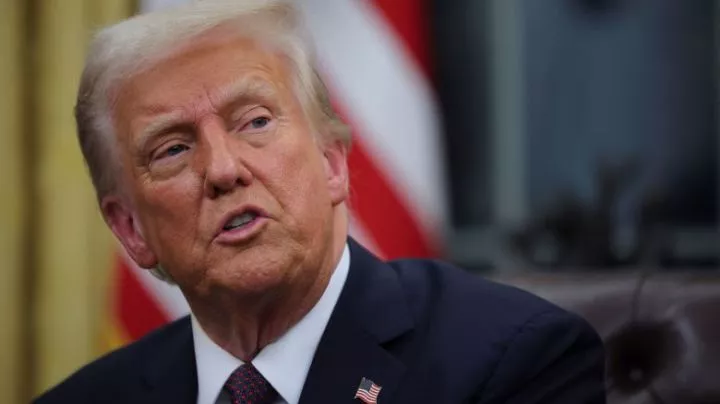
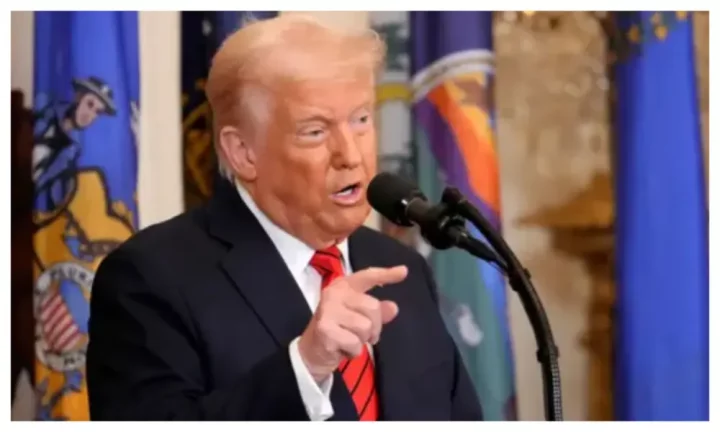
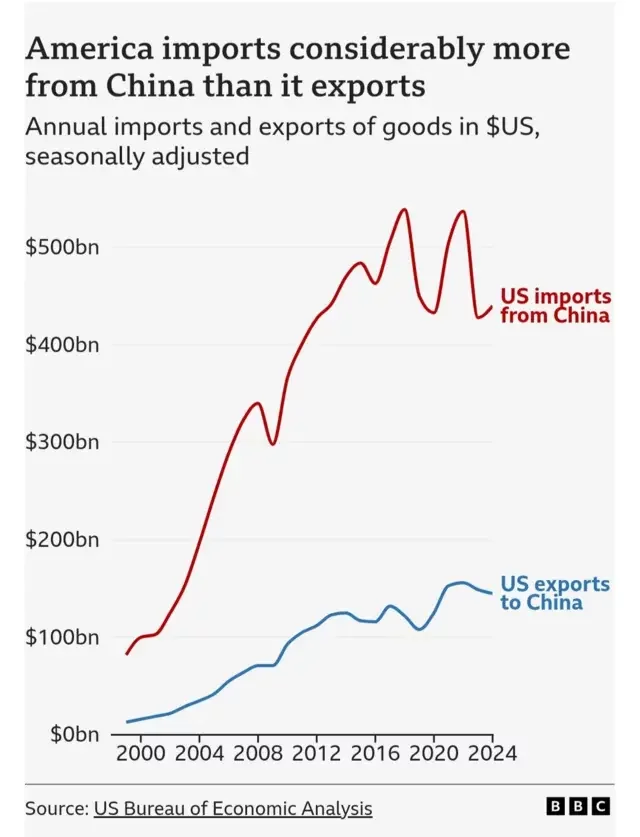
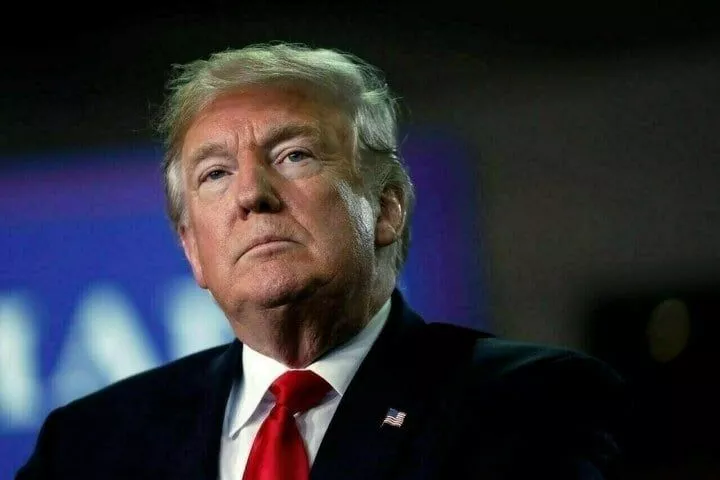












Comments